CRM and Marketing Automation Software: the Main Differences
Success means more than completing a purchase transaction when running a consumer-oriented business. You must maintain a stable and steady relationship with your target audience to achieve long-term success. However, with all of the other sales and marketing techniques and channels used in the contemporary business world, this is not as easy as it might seem to the average layman. From landing page SEO optimization to social media advertising, businesses are constantly at the forefront of consumer interaction. Managing your relationship with them is more complex than ever before. That’s why using proper marketing automation tools and customer relationship management software is essential for the success of any digital marketing enterprise. But what do these different software platforms entail, and what are the main differences between CRM and marketing automation software? We’ll explore the question in depth below.
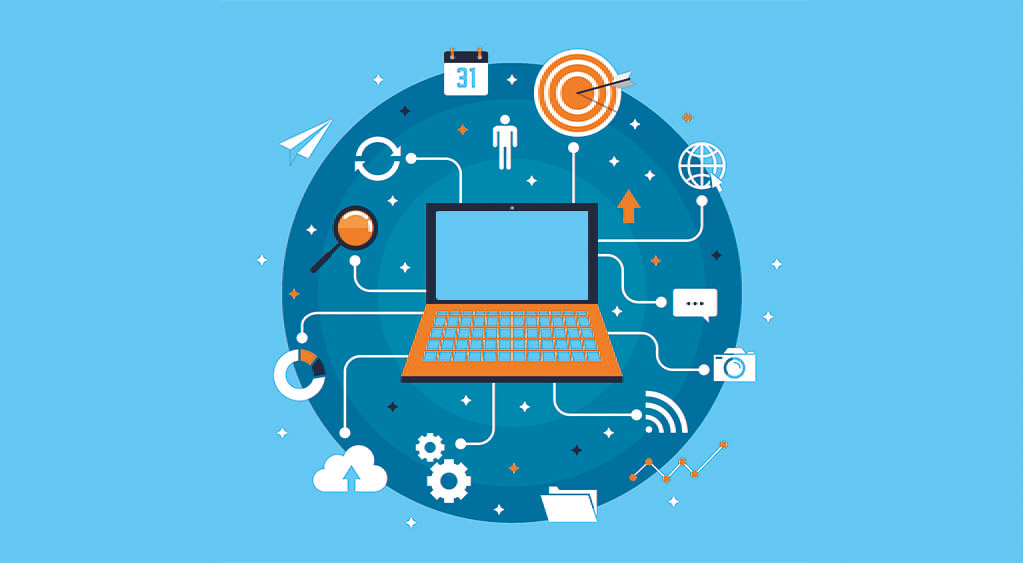
Marketing Automation 101
Before we get into the differences between CRM and marketing automation software, we need to determine what these software solutions are used for in the first place. In short, marketing automation software is used to streamline the process of marketing a product or service to a select audience. But are these platforms necessary for your success?
Today, e-commerce is a more significant part of the global economy than ever. The ability to market to an online, worldwide audience has expanded the horizons of every business, from small mom-and-pop enterprises to corporate conglomerates. In this situation, the competition in any niche is more significant than ever, as is the target audience.
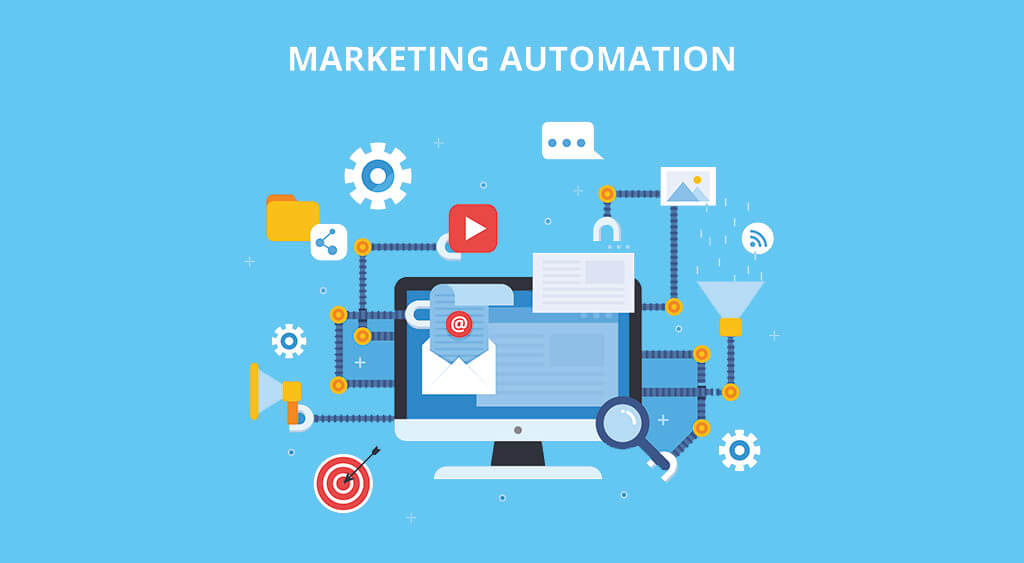
That’s why marketing tasks cannot feasibly be performed manually without a massive waste of time and resources. Even if you’re catering to a local audience, it could still number in millions. Automation software is a must if you want to build an effective marketing funnel.
Automation Software Features
Such software solutions offer a variety of features. Yet, most of them are geared towards automatically completing menial data entry tasks and the detailed measuring of all the necessary metrics. If you want to work in performance marketing, this type of software becomes obligatory because it allows you to track your actions and progress in detail.
Practically every aspect of modern marketing requires some assistance from automation software. Just think of the always-useful email marketing campaigns. These days, the lists of prospective leads are incredibly expansive, even in the most specific niches. Having access to a database for valuable leads will let you get better results from each campaign you run and is basically a bare minimum requirement in the competitive environment every marketer occupies right now.
Pulling off a successful campaign manually is practically impossible if you want to maintain productivity and not burn through your marketing budget. Instead, the repetitive stuff, like scheduling specific emails can be automated using proper software. Plus, high-quality marketing automation software allows you to maintain the semblance of a personal touch even with drip campaigns that you’ve fully automated and created using templates.
If you’re building a sales funnel for your customers regarding a specific product, email autoresponders, and lead nurturing are most easily performed with this type of software. And seeing as we’re on the topic of lead nurturing, we’re slowly encroaching on the territory of CRM software and customer retention.
Customer Relationship Management 101
We use marketing automation software to track the behavior of our most prospective leads and to quickly provide them with content that is most likely to convert them to paying customers. However, CRM software USA becomes far more critical once they buy into your brand. If we look at the entire transaction between a customer and a company through the lens of a sales funnel, marketing automation software is most useful at the broadest part of the funnel. In contrast, CRM software is most crucial at the bottom.
What is CRM?
The acronym CRM stands for Customer Relationship Management. The software platforms used in this process contain sales and contact management features. Also, it is worth pointing out that while marketing automation software is generic mainly, the CRM market caters to specific niches.
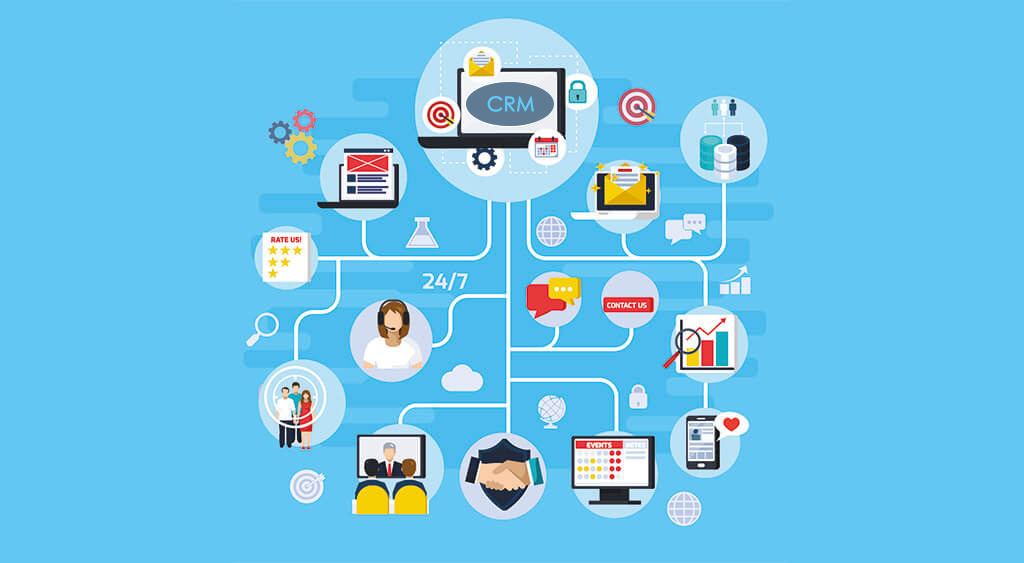
In other words, while various industries can use an email marketing platform like Mailchimp, the CRM used to develop moving businesses is different from a CRM for real estate. Of course, there are general-purpose CRM solutions, but these are cheaper and offer fewer industry-specific features.
Aims of CRM
A high-quality CRM system has a set of goals. These include increasing the effectiveness and efficiency of a company’s sales team and their chances at upselling already profitable customers. CRM software’s metrics and information can also help companies gauge their customer service and pricing policies more adequately, creating a more consumer-focused service offering.
At the core of the CRM software experience is the ability to create consumer profiles, keeping detailed and unified records of relevant contact information. Regardless of which agent works on a specific account, they’ll have instant access to everything from the contact’s birthday to their social media links and email addresses. This also works for B2B marketing — you can easily see your prospects’ position at a given company. Such information lets you fully personalize your sales approach and build a long-lasting relationship with valuable contacts.
The Main Differences between CRM and Marketing Automation Software
Now that we’ve defined the basic principles of CRM and marketing automation software, the question is — what are their main differences?
CRM and Marketing Automation Software in Digital Marketing Campaigns
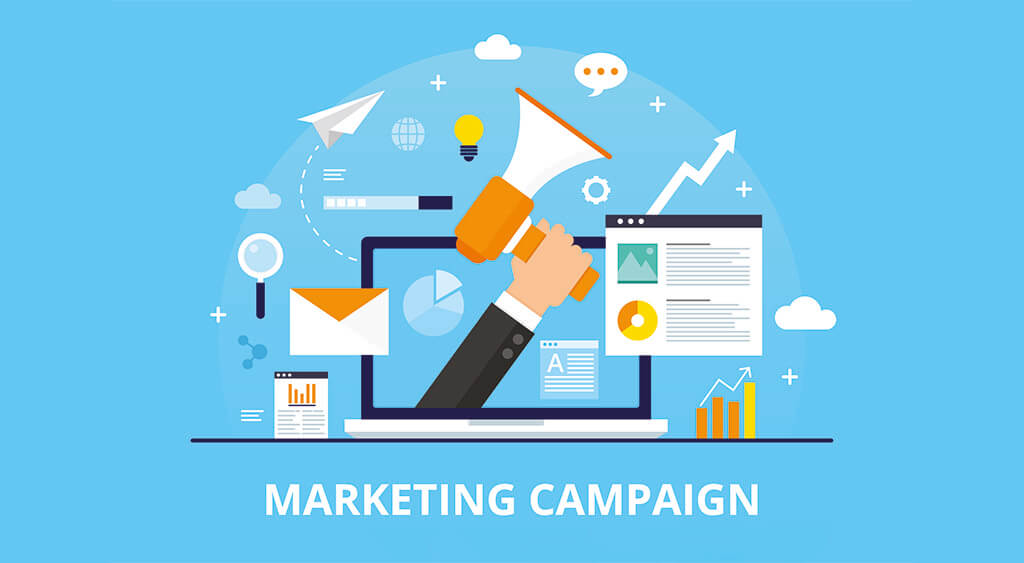
First, marketing automation software is primarily used to automate and design digital marketing campaigns. While this includes providing landing page templates, it’s about more than creating the right platform for your copy and content. We need to differentiate marketing automation software and marketing software in general first. Software for SEO optimization is definitely a digital marketing tool as well, but automation software is designed to replace the manual performance of repetitive tasks.
While SEO audits are essential, automation tools are there to help you set a system of triggers and predefined conditions that will make sure that your campaign runs itself. For a drive to succeed, both types of marketing software are needed.
CRM and Marketing Automation Software in Short-term Planning
Marketing automation is more advantageous for short-term planning and purchase cycles than CRM tools. If you’re running a strictly B2C company that doesn’t rely too much on return customers, chances are that you’ll be using marketing automation software more extensively.

B2B companies and those that have complex sales funnels need CRM more. This software provides sales teams with the necessary aid in handling large consumer data sets. If the success of your business relies more on your sales representatives than on your online advertising, CRM will be what you use more.
SaaS and B2B companies with extended purchase cycles are more likely to rely on CRM. Logically, a customer relationship management platform is essential if a sales rep interacts with high-value accounts at each step of the sales funnel.
Still, all companies use both types of software. There are plenty of reasons to use CRM and marketing automation software. It’s only a matter of which you’ll need more.
Why Marketing Automation Software Is Useful
Email marketing tools are some of the most commonly used types of marketing automation software. These allow you to manage prospect databases via segments and lists. In a way, it’s a micro version of CRM software regarding contact organization. This segmentation is helpful because it allows you to communicate a different message to specific parts of your target audience, increasing conversion rates. After all, even though we live in a globalized culture, the right approach to individual consumers depends on various things, from their geographical location to their education and preferences.
Marketing Automation Software for Nurturing Leads
It’s not about lead generation; marketing automation software can help you nurture existing leads. That way, you can more easily guide them towards potential conversion. The last thing you want is to spend resources on lead generation only to find yourself falling in the closing stages and wasting money.
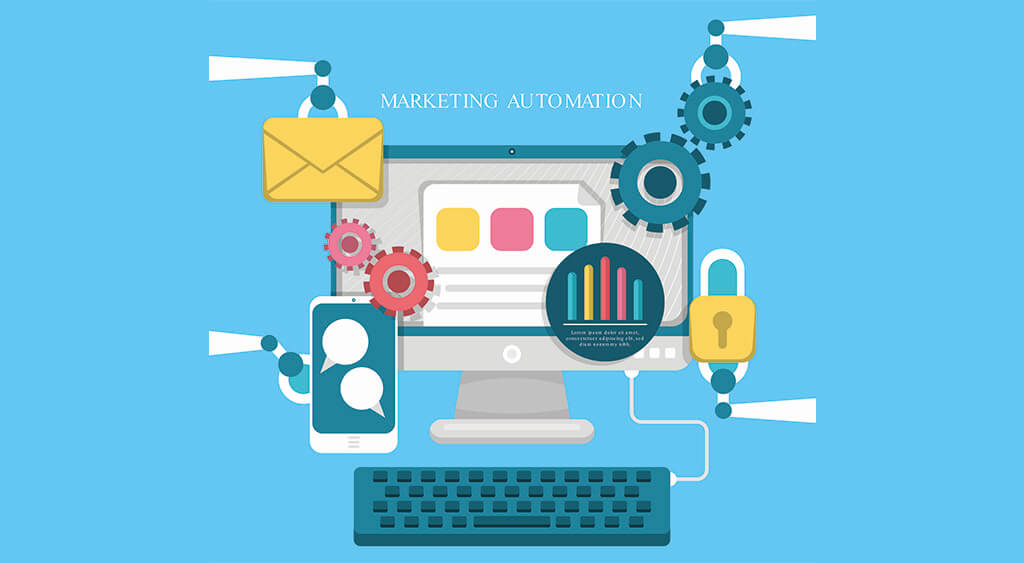
Lead nurturing is crucial because it guides the most prospective leads to the bottom of the funnel, making them eager to become paying customers. You can do this by sharing the right content with the right segments of your audience.
If you’re handling substantial lead lists, that becomes increasingly difficult. Still, marketing automation software helps you build authority and trust with everyone without alienating sections of the audience in favor of others.
Marketing Automation Software and Data Analytics
Also, marketing automation software is invaluable in terms of data analytics. These tools generate accurate reports that aid you in pinpointing the exact efficiency of your marketing campaign, as well as its drawbacks that should be eliminated.
You may have access to this information anyway, but the right software can do a lot to put data in the proper context. These key performance indicators can help you quickly make the necessary adjustments if your conversion rates are too low or the funnel revenue is shaky. In short, the right marketing software eliminates guesswork as much as possible. Thus, it helps you steer your business towards a more data-based way of doing things.
Why CRM Software Is Useful
Let’s have a look at the reasons why CRM software is beneficial.
CRM Software for Creating a Flawless Customer Journey
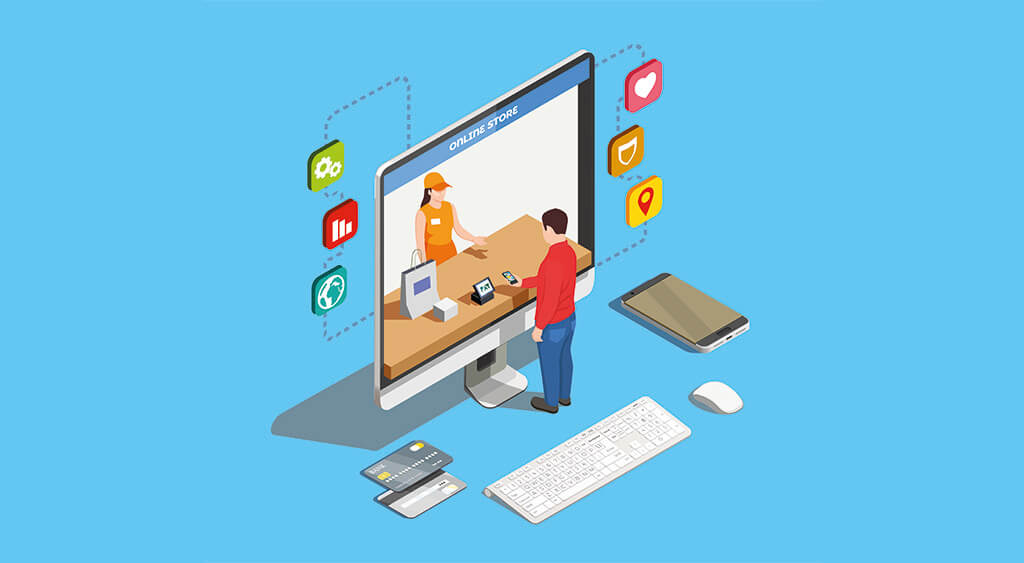
Firstly, CRM software provides your sales team with a clear view of the position of each individual customer. They can see where consumers are regarding the structure of the sales funnel and map their journey easily. You can be closer to your consumers than ever by visualizing and recording each interaction with a given consumer.
If you want to design a flawless customer journey, your company will need a valuable piece of CRM software that tracks interactions across all sales and marketing channels. This part is crucial because that’s the only way to have all the relevant insights regarding each customer. And that includes interactions with customer support teams, marketing staff, and sales personnel.
CRM and Marketing Channels Integration
Integrating different marketing channels is precisely one of the biggest strengths of high-quality CRM software. These days, succeeding in digital marketing takes a multi-pronged approach. Most companies simultaneously have websites, email campaigns, and social media marketing efforts. Managing the complete customer experience across all of them can be difficult.
However, proper CRM tools help you integrate and coordinate the disparate marketing channels in sync. A CRM platform can record each customer interaction, from a like on your Twitter feed to a sign-up for your newsletter. Plus, while CRM does not have the word “automation” in its name, most platforms of this sort have some automation features as well. CRM does for your sales team what marketing automation software does for your marketing team.
With so many CRM tools on the market, you’ll no doubt need some help deciding which one is right for you. This in-depth list from EmailToolTester highlights CRM software that also comes with marketing automation features so that you can keep everything under one roof.
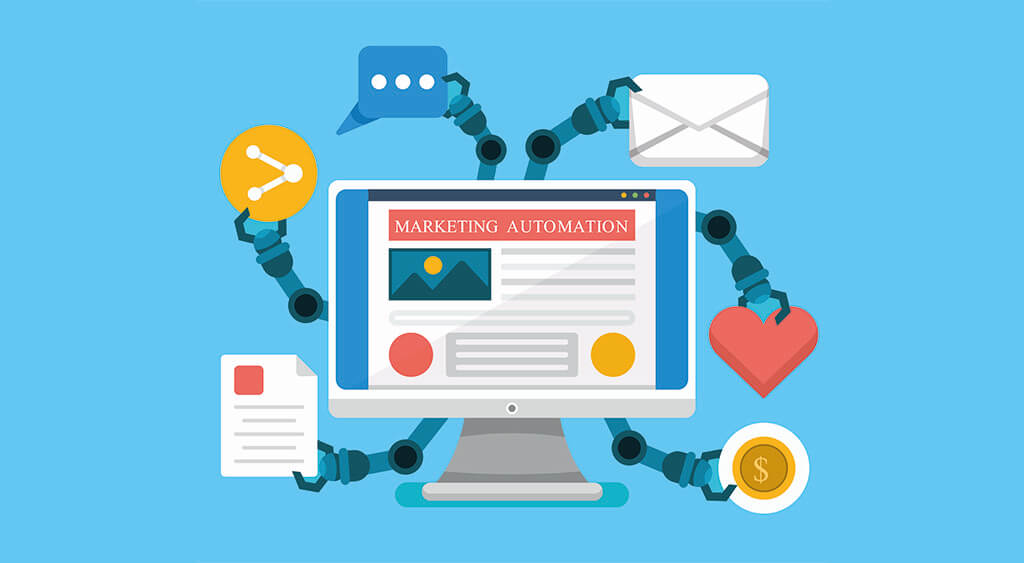
After all, closing a sale means more than convincing a consumer to purchase. There are plenty of menial tasks therein, including a variety of reports you should file, forms your staff has to fill, and invoices and other legal documents that it’s necessary to issue.
One of the main differences between CRM and marketing automation software is that the former helps you automate such repetitive jobs and saves your sales teams valuable time and money. And this is the time your staff can spend more productively, from optimizing existing processes to implementing new features and procedures. At the end of the day, they might have a bit more free time to themselves, thus raising office morale.
Conclusion
There isn’t much of a choice between CRM and marketing automation software. Both of these types of platforms handle different stages of the sales funnel. Thus, each has its own distinct uses. And both are necessary for a successful company in the long run!


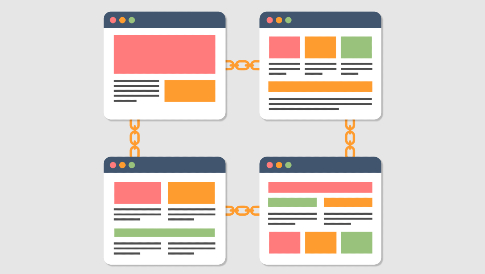
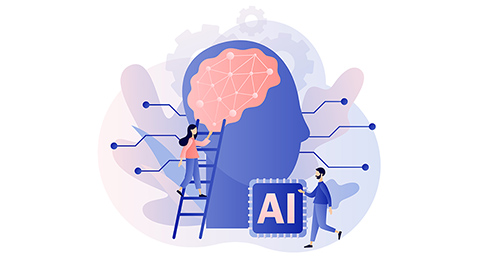
Leave a Reply